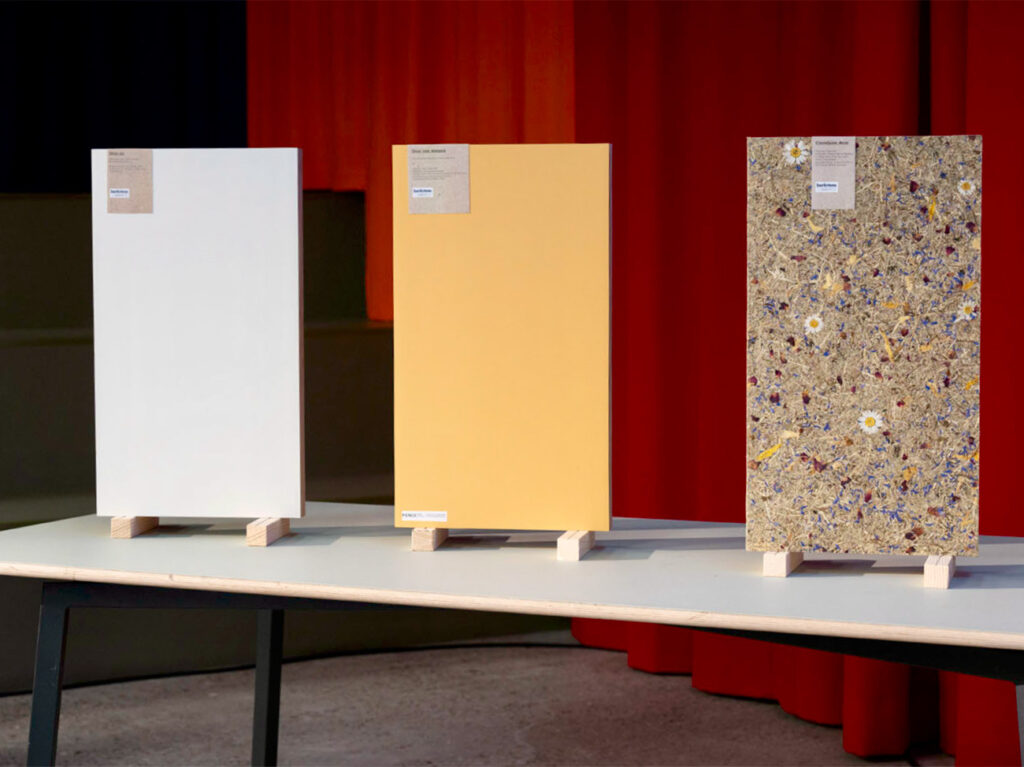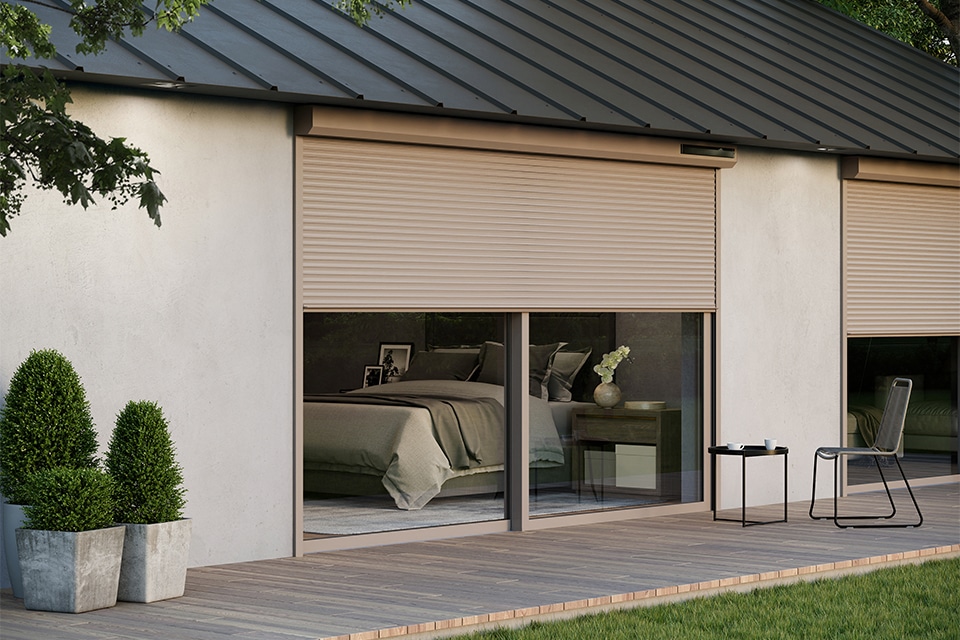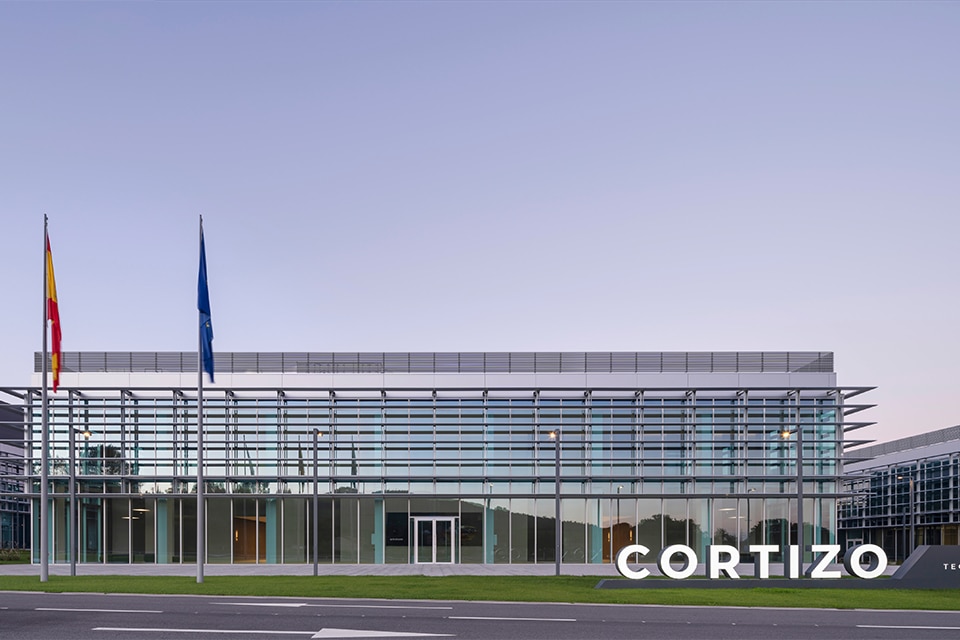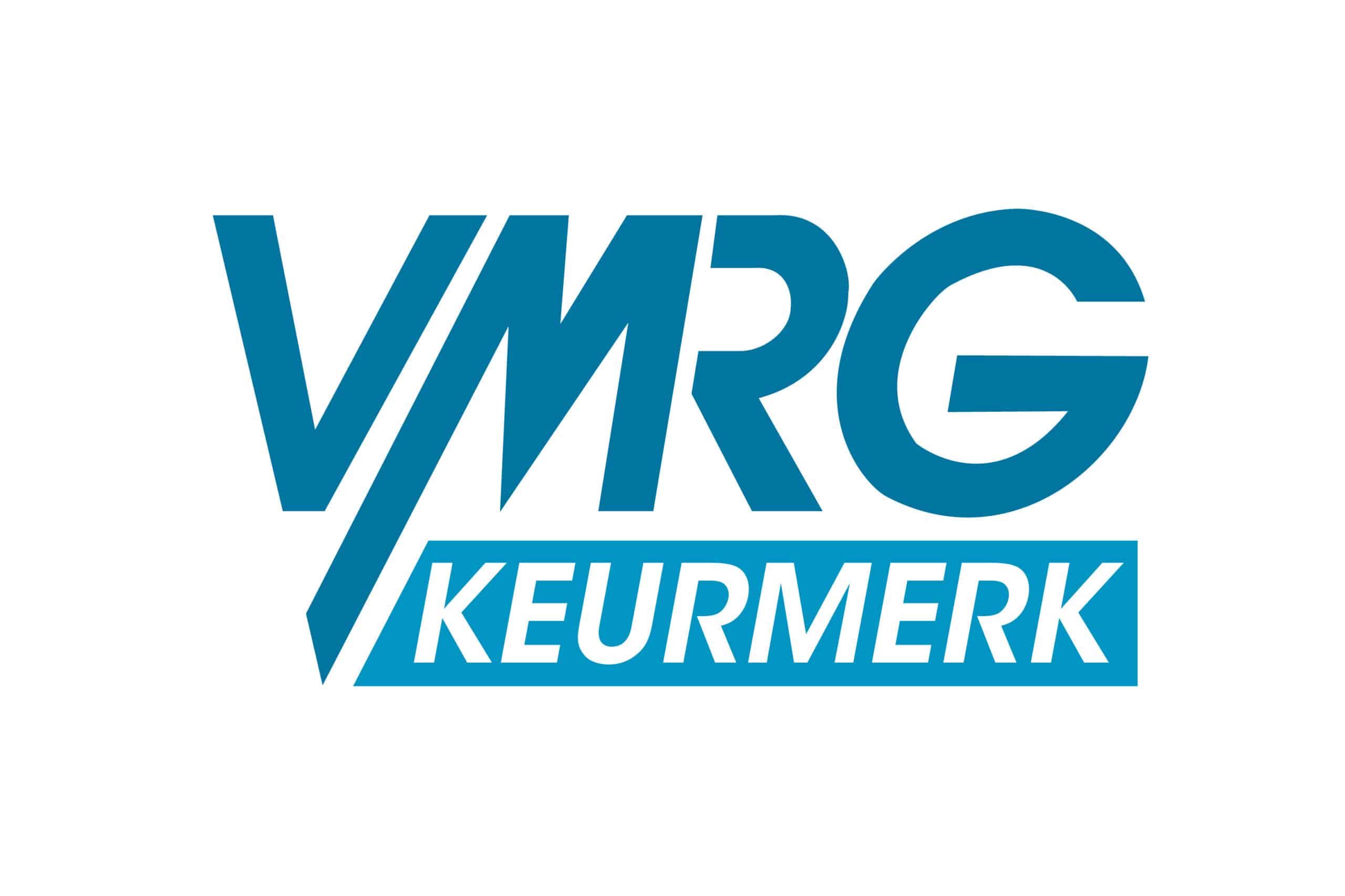
Berkvens winner Circular Design Challenge 2021
Berkvens Deursystemen was named the winner of the Circo Circular Design Challenge 2021 on Oct. 29. This challenge was organized by trade association Royal CBM for manufacturers and suppliers in the furniture industry. Berkvens impressed with innovative, sustainable materials and production techniques for doors and with a take-back system for old doors.
During the Circular Design Challenge, leaders in furniture and interior design showed how they are working on circularity within their organizations. Berkvens garnered much praise from the professional jury during the closing meeting on Oct. 29. Especially about the impact it has when a company of this size concretizes circular plans. A confirmation of the good path the market leader has taken in the field of circularity. Joost Baerselman (head of product development): "We can really make a difference, which is evident from the praise from the professional jury. Moreover, the market is asking for it. It's good to have the solutions clear and now actually put them into practice." Eric van Gaal (procurement manager) agrees: "Berkvens develops fantastic concepts when it comes to sustainability. But it only gets really good when these ideas become concrete. That means making our products more sustainable and reusing more. The recognition motivates us to take that next step. We also want to convey that message to our customers. That way we can start taking steps together on the road to circularity."
500,000 doors
"For us, the challenge focused mainly on longer product life on the one hand and the use of more sustainable and less environmentally damaging materials in the production process on the other," said Joost. "The latter translated, for example, into the application of a bio-based decor as a replacement for HPL. But also in new materials and production techniques that are fully reusable and detachable. The first aspect is reflected in a take-back system for old doors." Eric: "Over the past decades Berkvens has been supplying some 500,000 doors a year. What if we peel off those doors at the end of their useful life, refurbish them and put them back on the market? That would save an enormous amount of raw materials and we could really make an impact." This idea in particular garnered a lot of praise from the expert jury. Eric: "In the first place because of the scale on which we can roll this out, but also because we had done extensive research into the return flows. This makes it a pragmatic and realistic plan. Also because we have already clearly described and substantiated our transition path to 100% circularity in recent years."
More insight gained
"The Circular Design Challenge turned out to be a good way for us to take a critical look at how we make our products, at our circular process and especially at what could be done better," Joost explains. "It challenges us to look at the whole process, so also, for example, at external partners." Eric adds: "Sustainability has played a big role in our organization for years. The challenge gave us more and new insights. And it brought us into contact with other parties who, by the way, often face the same challenges."




